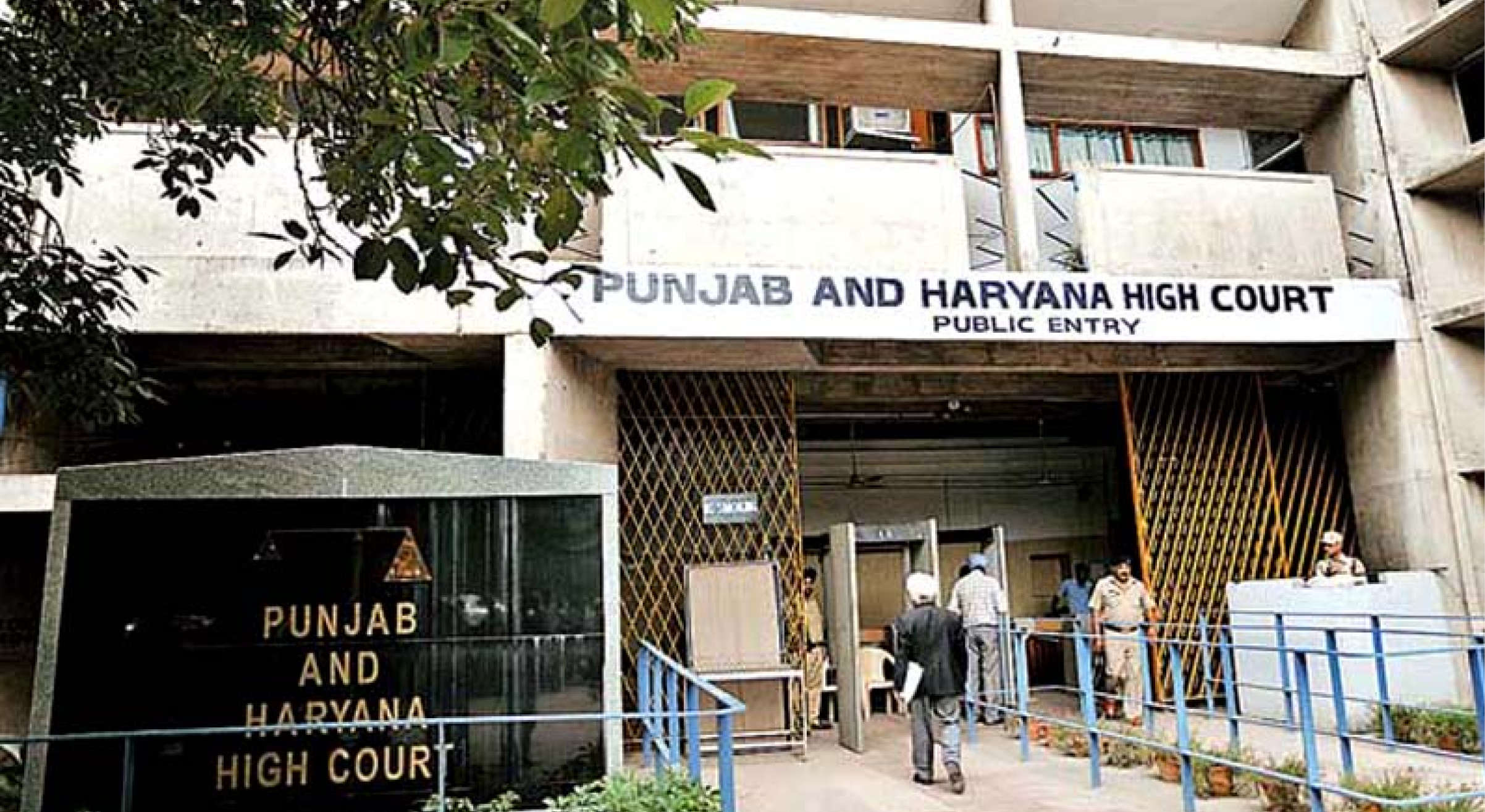The Punjab and Haryana High Court in the case Ravinder Singh v. State of Punjab observed and has directed the accused person under NDPS Act to surrender all his weapons as a pre-bail condition to bail.
The court in the case observed that the given the background of allegations against him, it becomes ‘paramount to protect the drug detection squad, their family members, as well as the members of society.’
The bench headed by Anoop Chitkara in the case stated that incapacitating the accused would be one of the primary options until the filing of the closure report or discharge, or acquittal.
The court stated that it would be appropriate to restrict the possession of firearm. The bench in the case observed and has clarified that the sad restriction is being imposed based on the preponderance of evidence of probability and not of evidence of certainty, i.e., beyond reasonable doubt; and as such, it is not to be construed as an intermediate sanction.
The court stated that while giving the nature of the allegations and the other circumstances peculiar to this case, the petitioner shall surrender all weapons, firearms, ammunition, if any, along with the arms license to the concerned authority within fifteen days from release from prison and inform the Investigator about the compliance.
However, the court stated that subject to the Indian Arms Act, 1959, the petitioner shall be entitled to renew and take it back in case of acquittal in this case, provided otherwise permissible in the concerned rules.
Adding to it, the court stated that while restricting the firearms would instill confidence in the victim(s), their families, and society; it would also restrain the accused f om influencing the witnesses and repeating the offence.
The court made the said observations while hearing the bail application moved by the man accused of trading contraband and found in possession of 1 kg of heroin.
Thereafter, an FIR was lodged under sections 21, 21(c), 22, 25 & 29 of NDPS Act, 1985. It has also been noted by the said court that as per the custody certificate, the petitioner’s total custody is 03 years, 02 months, and 19 days. Thus, the indisputably has no criminal antecedents and has already complete pre-trial custody exceeding two years and six months ad he is entitled to bail based on Dheeraj Kumar Shukla v. The State of Uttar Pradesh.
The court stated that as per the judgement in Dheeraj Kumar’s, the bail can be granted even when the case involves commercial quantity under NDPS Act when the following three conditions are fulfilled:
1.The custody of more than 2 years and 6 months and the delay was not attributable to the accused.
2.The trial is at an initial stage.
3.The petitioner being the first offender.
The bench headed by Justice Chitkara in the case observed and has noted that the applicant fulfils all the three criteria’s and granted him the relief by imposing certain conditions.
The court placed Reliance upon Mohammed Zubair v. State of NCT of Delhi, wherein it has been held by the Supreme Court that the bail conditions imposed by the Court must not only have a nexus to the purpose that they seek to serve but must also be proportional to the purpose of imposing them.
Accordingly, the court disposed of the plea.























